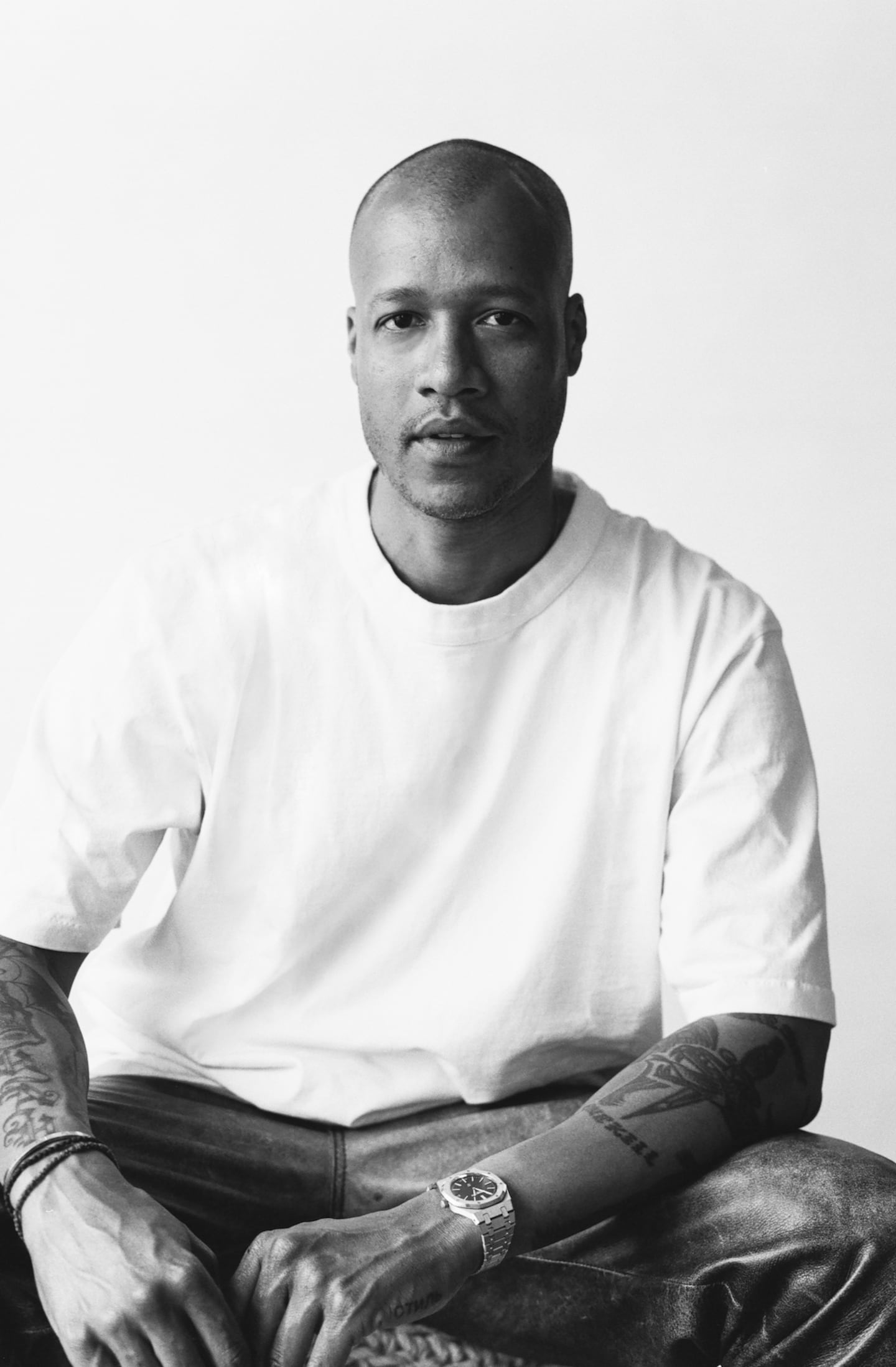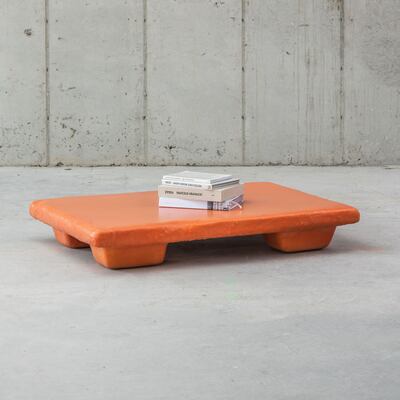
The Business of Fashion
Agenda-setting intelligence, analysis and advice for the global fashion community.

Agenda-setting intelligence, analysis and advice for the global fashion community.

For years, designer Heron Preston has endeavoured to make products in a more responsible way — or as he likes to think of it, a “less environmentally destructive” way. Now, he’s betting on a new venture, L.E.D. Studio, to test-run fresh ideas and engage a new generation on environmental issues.
Part platform, part community, part innovation hub, the L.E.D. Studio is designed to be a space for Preston to experiment with concepts and collaborations created through the lens of environmental and social consciousness.
Preston, who is something of a youth culture phenomenon among the social media generation, described the new studio as an “ecosystem” that is designed to challenge him as a creative and a designer, while at the same time helping make sustainable practices more relatable and culturally relevant for his audience.
“In my space of ‘streetwear designers,’ it just felt like that conversation wasn’t really happening; no one really necessarily cared about this line of work,” he said. “This never really felt sexy or interesting.”
ADVERTISEMENT
L.E.D. Studio is a self-funded venture that will operate separately from his Heron Preston fashion label, that’s operated by Farfetch-owned New Guards Group, although “maybe some new ideas here will help inspire what I do at the brand,” he said.

For the launch, Preston is unveiling a number of new projects, which will be accessible to users via the L.E.D. Studio website. This includes a clothing recycling and donation programme called “Excess” that will be run in partnership with Goodwill; a community social network dubbed “World” and a retail store to sell the products that come out of the studio’s work. The debut collection consists of three one-of-a-kind upcycled furniture pieces created in collaboration with Brazilian artist Gustavo Barroso, furniture designer Matt Pecina, and Devon Turnbull, the hi-fi audio engineer behind the custom-built sound systems found in Supreme stores.
In addition, Preston has partnered with the fashion Scholarship Fund to launch a new grant programme, the HP L.E.D. Initiative, designed to help diversify representation in the fashion industry. Preston will open up applications and select two prize recipients — one entrepreneur under 30 and one student — to each receive $10,000 in financial support, plus mentoring and internship opportunities. Meanwhile, a public helpline will be set up to provide free advice and mentorship to aspiring creatives. To finance the project, Preston auctioned his extensive sneaker collection on eBay.
“I want to protect young, African American and Black kids with advice to help establish long lasting, successful careers in the industry,” he said.
A final element of the project is a new creative agency, Service Center, which will see Preston work with clients on creative direction and concept execution. The business will provide a revenue stream to fund other L.E.D. Studio projects going forward, Preston said.
The endeavour has been a long time in the making, said Preston, who has been working on finding innovative ways to integrate sustainability into street culture conversations ever since his 2016 collaboration with the New York City Department of Sanitation. The tie-up, which resulted in a line of upcycled clothing from old uniforms, was a sell-out success.
“We were on the pages of Vogue. For the first time, sanitation workers were in the pages of Vogue,” he said. “I discovered that fashion and clothing could be that shiny tool to help develop new ideas…We managed to make [sustainability] cool and relevant and relatable.”
The designer is pushing beyond the streetwear category in fashion’s capital without losing his focus on sustainability. First up: A collaboration with vintage remixer Sami Miró.
The environmental impact of the photoshoots, runway shows and other creative projects that make the fashion system tick is coming under scrutiny. What are the solutions?
In Paris, Virgil Abloh explored sartorialism with a preconception-defying collection for Off-White, while Heron Preston’s first runway show wrote sustainability — and security theatre — into his take on streetwear.
The LVMH-linked firm is betting its $545 million stake in the Italian shoemaker will yield the double-digit returns private equity typically seeks.
The Coach owner’s results will provide another opportunity to stick up for its acquisition of rival Capri. And the Met Gala will do its best to ignore the TikTok ban and labour strife at Conde Nast.
The former CFDA president sat down with BoF founder and editor-in-chief Imran Amed to discuss his remarkable life and career and how big business has changed the fashion industry.
Luxury brands need a broader pricing architecture that delivers meaningful value for all customers, writes Imran Amed.